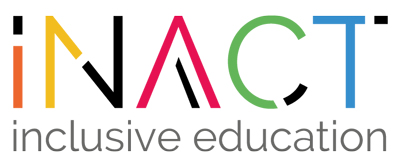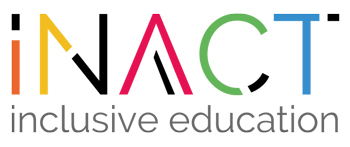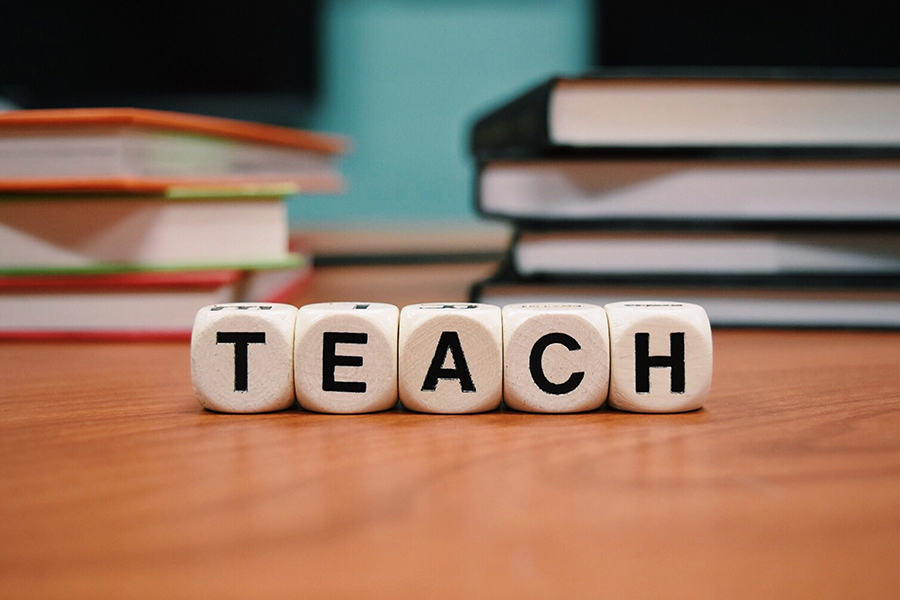The top Innovative Learning Strategies for Modern Pedagogy
-
Crossover learning
An effective method is for a teacher to propose and discuss a question in the classroom, then for learners to explore that question on a museum visit or field trip, collecting photos or notes as evidence, then share their findings back in the class to produce individual or group answers.
-
Learning through Argumentation
Students can advance their understanding of science and mathematics by arguing in ways similar to professional scientists and mathematicians. Argumentation helps students attend to contrasting ideas, which can deepen their learning. It makes technical reasoning public, for all to learn. It also allows students to refine ideas with others, so they learn how scientists think and work together to establish or refute claims.
-
Incidental Learning
Incidental learning is unplanned or unintentional learning. It may occur while carrying out an activity that is seemingly unrelated to what is learned. For many people, mobile devices have been integrated into their daily lives, providing many opportunities for technology-supported incidental learning
-
Context-Based Learning
Context enables us to learn from experience. By interpreting new information in the context of where and when it occurs and relating it to what we already know, we come to understand its relevance and meaning. In a classroom or lecture theatre, the context is typically confined to a fixed space and limited time. Beyond the classroom, learning can come from an enriched context such as visiting a heritage site or museum, or being immersed in a good book.
-
Computational Thinking
Computational thinking is a powerful approach to thinking and problem solving. It involves breaking large problems down into smaller ones (decomposition), recognizing how these relate to problems that have been solved in the past (pattern recognition), setting aside unimportant details (abstraction), identifying and developing the steps that will be necessary to reach a solution (algorithms) and refining these steps (debugging).
To discover more about the top learning strategies for modern pedagogy, follow the link below:




